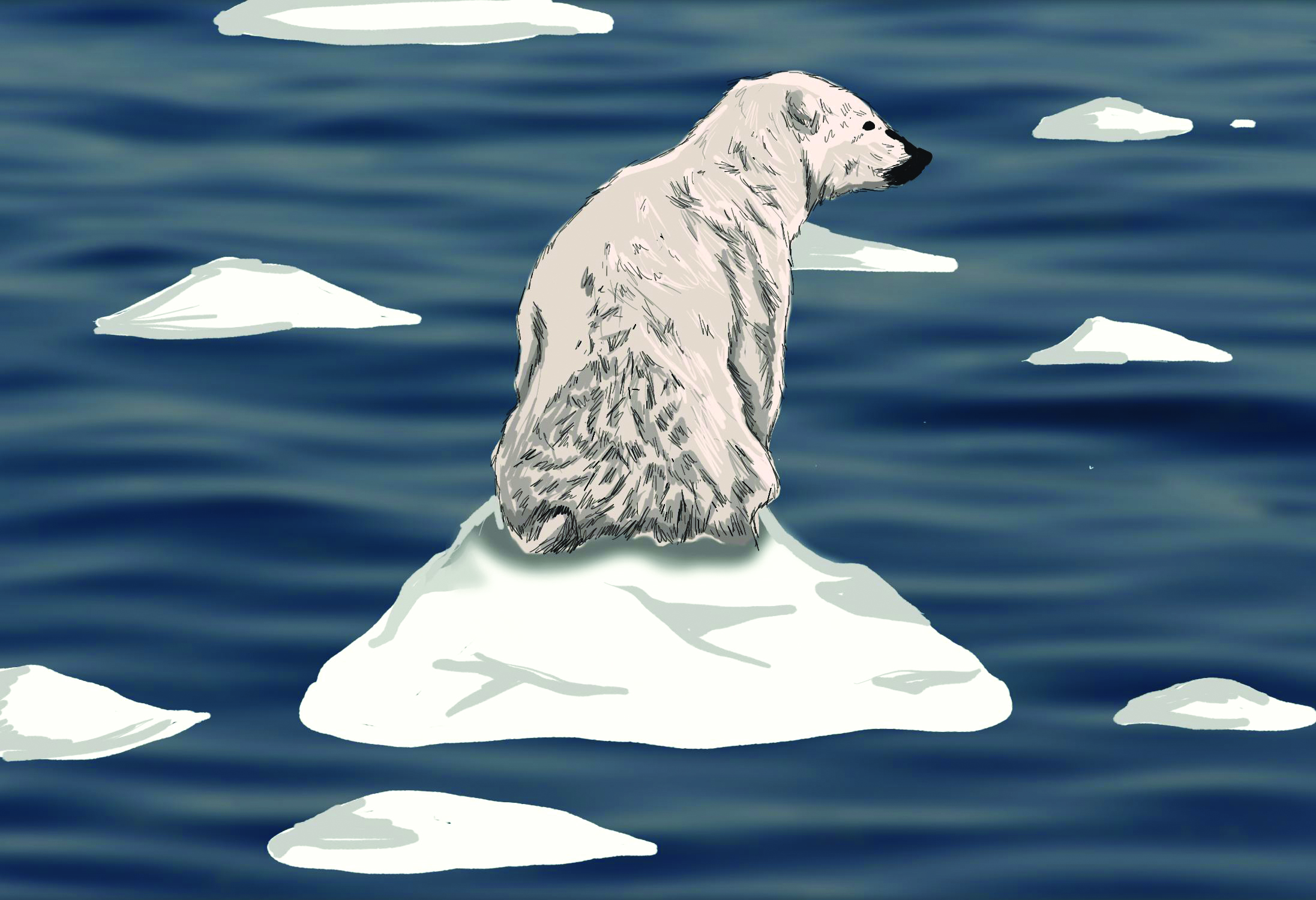Prime Minister Steven Harper recently announced plans for a $142.4 million grant for research to be conducted in Canada’s Arctic region.
The multi-million dollar grant will go towards funding the construction and development of a research center in Cambridge Bay, Nunavut over the next six years. An additional $42.6 million will also be spent over the next six years to fund the centre’s technological equipment, instruments, and project. The centre in question will be called the Canadian High Arctic Research Station (CHARS).
The main goals of the research facility are to increase Canada’s Arctic sovereignty, improve community health, increase resource development, and conduct more research into climate change and environmental issues.
It has been reported that the facility will become fully operational by the year 2017 and will at that time employ between 35 and 40 people both part time and full time. Throughout its construction and development the research centre will reportedly employ approximately 150 people locally. Construction of the facility is set to begin sometime in the next year.
Talks about developing a research centre in Northern Canada have been ongoing since 2007 when the Conservative government announced plans to build a northern research facility. Only recently, however, has the project had a monetary amount fixed for its total costs.
Already millions have been spent on the centre’s future development in conducting studies to gauge the centre’s feasibility and practicality. In 2009 it was announced that $2 million would be spent looking into the idea of an arctic research facility, and again in 2010 an announcement was made that another $18 million would be spent over the next four years to develop design plans for the research station.
During his announcement of the research grant, Harper claimed that “the North is a fundamental part of Canada’s heritage, future, and identity; and we must continue to assert our sovereignty over Canada’s Arctic. This new station will undertake science and technology research that will support the responsible development of Canada’s North, inform environmental stewardship, and enhance the quality of life of Northerners and all Canadians.”
The news of a research grant comes at a time when the Conservative government has been subject to wide spread criticism over what the public has called a stifling of scientific research and enquiry.
One example of this is the Polar Environment Atmospheric Research Laboratory (PEARL) in Eureka, Nunavut, reported to have been closed due to a lack of funding.
During his visit to Nunavut, Harper also made the announcement that the government will be giving $270 000 to help fund an expedition to discover two ships, the HMS Erebus and the HMS Terror. Lost over 160 years ago, the ships are believed to be residing somewhere in Canada’s vast Arctic. The reasoning behind this expedition, according to Harper, is one of national obligation.
“The wreckage of the Franklin expedition is a national historic site designated some time ago—it is the only undiscovered national historic site, we feel an obligation to discover it,” said Harper.
It is unclear at this time if the Arctic expedition has any connection with the research centre funding or if it is its own separate research project, as both announcements were made within days of each other during the same visit to Northern Canada.



